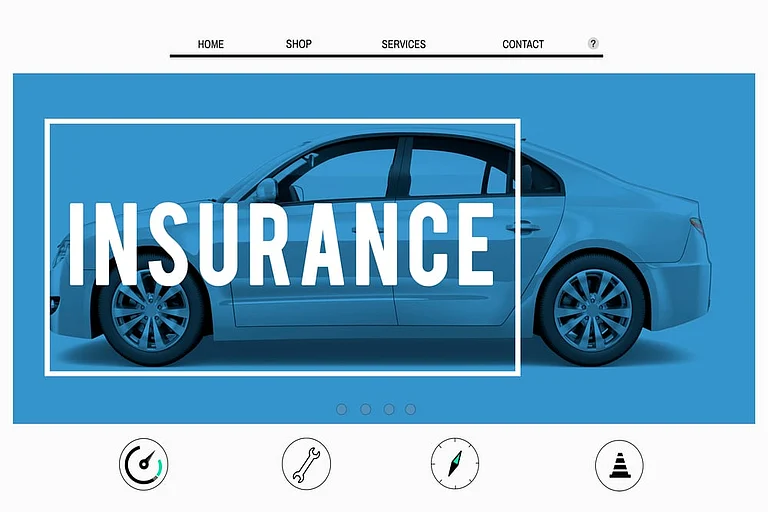A dishonoured cheque can have great consequences for the drawer of the cheque, often leading to criminal complaints under the Negotiable Instruments Act, 1881.
Also, while one bounced cheque may not directly affect the drawer’s credit score, but repeated incidents may indirectly jeopardise the individual’s credit score.
Why Do Cheques Bounce?
A bounced cheque occurs when the account holder’s account does not have enough funds to cover the payment or the cheque is dishonoured by the bank due to some technicality, such as mismatch of signature, incorrect date or physical damage. Nevertheless, the bank levies hefty fees for dishonoured cheques.
The Impact of a Bounced Cheque on Your Credit Score
A bounced cheque by itself does not actually damage the drawer’s credit score. CIBIL, Experian, Equifax and CRIF High Mark, which are all credit information company, track repayments of loans or credit card dues, rather than isolated transactions, such as cheque bounce incidents for evaluating an individual’s credit score.
But, if a cheque bounces on an equal monthly instalment (EMI) on a loan, whether a bank loan or a credit card loan, then it affects the credit score of the individual. In such instances, the missed payment due to a cheque being dishonoured is reported to the credit rating agencies, leading to a drop in the borrower’s (in this case, the cheque drawer’s) score. Timely repayments are a must for keeping your credit score healthy and boosting your financial credibility.
Ways to Avoid Cheque Bounce Instances
To guard your credit profile and sidestep potential legal consequences, experts advise taking the following steps:
Go digital: Employ digital transaction methods to eliminate chances of a cheque bouncing due to factors, such as wrong date or mismatch of signature.
Update your signature: If your signature has changed, let your bank know straight away so there are no discrepancies, and your cheque is not invalidated because of a signature mismatch.
Cross-check cheque details: Make sure all the details, such as amount, date, and signature are correctly put on the cheque. Do not use damaged, worn-out or outdated cheques.
Keep enough credit: Every time you write a cheque, make sure there are enough funds to cover it. Writing a cheque without sufficient funds can lead to financial penalties and legal repercussions.
A single bounce may not cause an immediate direct hit on the credit score, but it can prove to be detrimental by causing a domino effect if it becomes a series of missed payments. Being disciplined around money, including maintaining adequate funds to ensure that your cheques aren’t dishonoured because of lack of funds can ensure your credit score remains intact and healthy.












